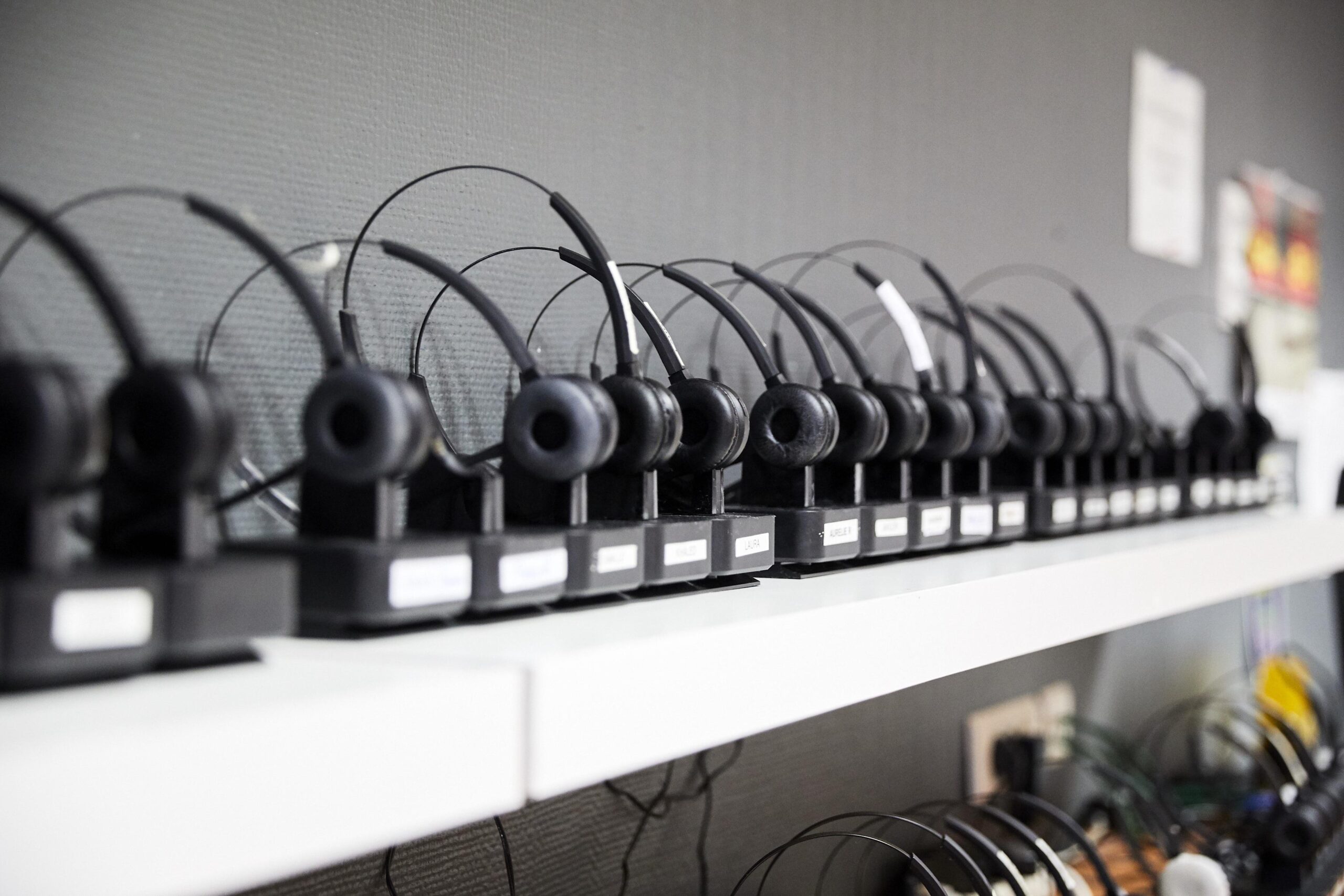Taxpayers’ Alliance claims that the UK’s procurement spending on €100m-plus contracts far exceeds that of the rest of the EU combined
The government’s direct spending with SMEs still stood at just 10.9% of the overall total in 2014/15, Cabinet Office figures reveal
More than half of the contracts awarded by the UK government in 2015 were worth at least €100m, despite Whitehall efforts to boost the involvement of small- and medium-sized businesses in public procurement, according to a report by the Taxpayers’ Alliance.
The low-tax campaign group found that Whitehall is vastly more dependent on large public contracts – which tend to be scooped up by outsourcing giants such as Serco, Capita and G4S – than any other EU country.
In 2015, the latest year for which figures were available, the UK advertised 167 contracts of over €100m, while France – with the next highest number – advertised only 29, Italy 25, and Germany just five. Combined, the UK’s large contracts were worth €73.77bn (£80.48bn), or 52% of the total contract spend that year.
The rest of the EU combined spends €41bn on contracts of the same size.
The findings are based on European Commission data on the number of contract award notices for works, goods and services by member state, excluding utilities and defence.
The report says that Whitehall’s failure to break up large contracts into smaller parts has led to an over-reliance on a small group of large outsourcing firms, which have been dogged by numerous scandals in recent years – such as G4S and Serco overcharging the Ministry of Justice for electronic tagging and racking up massive losses on a Home Office contract to provide accommodation for asylum seekers.
This undermines “public trust in the fact that free markets can deliver better public services”, said the Taxpayers’ Alliance.
Related content
- Could the UK become the Silicon Valley of government technology?
- Q&A: EY director on the dangers of disaggregation and why local government is innovating more than Whitehall
- Interview: Lifting the lid on how outsourcing giants offer government a ‘diseconomy of scale’
The merits – or otherwise – of large contracts with single suppliers have been the subject of much debate in the IT and digital space in recent years. Despite the efforts of the Cabinet Office – particularly under Francis Maude’s stewardship – to break up these big-ticket deals, a number of such engagements remain in place.
These include HMRC’s Aspire IT services contract with Capgemini, which reaches an end in 2017 after 13 years. In the 2016/17 year the contract was worth £505m, the department’s annual report reveals.
Another long-term Whitehall IT deal – the Department for Work and Pensions’ multi-billion-pound contract with HP – was given a three-year extension in 2015.
While small and medium-sized enterprises (SMEs) can bid for large contracts, the Taxpayers’ Alliance report claimed that the “unnecessarily burdensome and bureaucratic” procurement process put off non-established providers from bidding.
But it does say that smaller businesses have increased their share of the public procurement market in recent years.
When the coalition government came to power in 2010 it set a target of 25% of procurement spending to reach SMEs by 2015. This was exceeded in 2014-15, when £4.9bn, or 27%, of spending was received by smaller companies.
However, this included “indirect” spending, meaning as part of a supply chain to a larger contractor. The proportion of “direct” spending with SMEs has increased from 6.5% in 2009-10 to 10.9% in 2014-15, according to Cabinet Office figures.
The report pointed to the high levels of procurement staff turnover in Whitehall, suggesting that government has a “shortage of commercial skills necessary to effectively negotiate contracts, monitor their performance, understand the language and mindset of the contractors”.
It called on government to offer higher salaries to procurement professionals within the public sector, and to expand e-procurement platforms to simplify the bidding process.
The report author, Jan Zeber, policy analyst at the TaxPayers’ Alliance, said: “From staplers to warships, public procurement regularly accounts for approximately a third of total public spending.
“It is therefore crucial that value for taxpayers is at the heart of all public sector purchasing decisions, no matter whether it’s a multi-million-pound military vessel or stationery for the Cabinet Office.”
The report claimed that public bodies spent £268.3bn on procurement of goods and services in 2015-16. It concedes that its figures can only be a rough indication, as the dispersed nature of public procurement means that accurate data is not collected regularly.
Responding to the report, a government spokeswoman said: “It’s important we procure products and services that offer best value for money to the taxpayer. We are strongly committed to supporting small and medium-sized enterprises, both directly and through the supply chain.”



